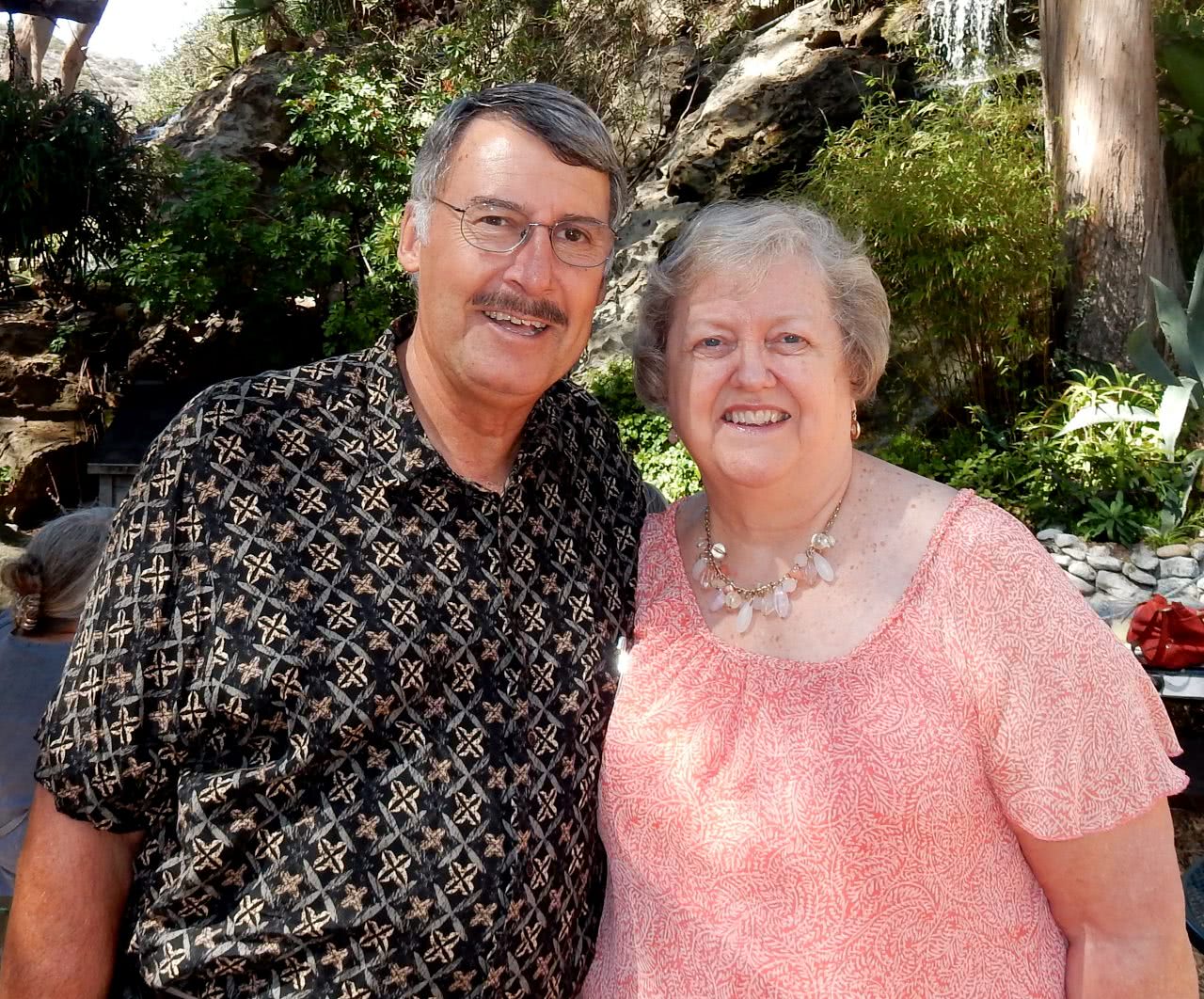Chuck van Engen
SATS was privileged recently to host world-renowned missiologist Chuck van Engen in South Africa. Chuck was also the guest speaker at the SATS’ 2017 graduation while in the country. Born in Mexico, to US missionaries of Dutch descent, Chuck spent his formative years in the small colonial town of San Cristobal de Las Casas, in the State of Chiapas, near the Guatemalan border.
As a missiologist , Chuck sees his role as being between the world and the church. He accedes that the world we live in currently is characterised by great insecurity and turbulence. He quotes his Fuller Seminary colleague, Bryant Meyers, as saying “there is more pervasive armed conflict in the world now than ever before in history”. We asked him about the state of global Christianity and the opportunity for missions given current uncertainties.
Greatest era in mission history is upon us
“It is estimated that about 27 per cent of the world’s population of seven billion profess to be followers of Jesus. Christianity is spread more evenly, delivered in more languages, and the church is represented in every nation of the world. Using commercial languages, for the first time in human history the gospel can be presented in an understandable way to every human being on the face of the globe. However, this does not mean our job of evangelisation is done. I believe that the greatest era in mission history will be in this century, in order to reach the five billion, who are still outside of the faith.
This imperative has two major implications:
- Partnering with SATS
We need to partner with Christian organisations in a greater way. This is a huge paradigm shift for missions. We can no longer go it alone, but rather work with people and organisations everywhere in the world, on the ground. - Impact on Leadership
I have coined the term ‘glocal’ to describe how church leaders need to lead in this century – both locally and globally. They need to be conscious of the need to engage in reciprocal missions. Local churches need to understand themselves in terms of being part of a wider world church. The call I believe to local leaders is to be supportive of and networked with churches on other continents, and likewise be open to receiving reciprocal support and to learn and see what is being done elsewhere. We term this type of mission today as ‘from everywhere to everywhere, and from everyone to everyone.’
In both respects SATS is ideally positioned to both train local leaders and also provide access to international counterparts from whom one can learn and benefit from their experience.”
Impact and role of immigrants today
Van Engen also credits the role of immigrants in the growth of the current church. The major growth of the church is currently in Africa, Latin America, and Asia.
“The spiritual energy of the diaspora – immigrants from these areas described – is currently making the most impact, particularly in the USA and Europe. The world church, among them the Latin Americans, Africans, Koreans and the Chinese, will be responsible for reaching the lost in the West, whose churches are in decline.
Van Engen is enthusiastic about the role immigration plays in missions and evangelism, despite it being such a sensitive topic in current affairs.
“Immigration is both within and from without. Apart, from immigrants moving from one country to another, we are witnessing the greatest movement throughout the globe of people from rural areas to cities within the same country.
This is an opportunity for the church to reach out to newcomers and fellow citizens within their own cities with the love of Christ.
I recently did some research into what the Bible says about the role of immigrants. There are several hundred passages that make reference to strangers, foreigners, and aliens. Often widows and orphans are included in biblical references to immigrants. I researched those texts to see how they describe God’s view of emigration. Of all those passages, about five percent were cautionary regarding the presence of foreign gods. A further 15 percent called for providing care for “the strangers in your midst.” I was surprised to discover that the balance of 80 percent of the passages actually speak about sending immigrants into exile in order to evangelise the countries to which they were sent. In this regard, for example, we think of Daniel and his friends and their impact on the King of Babylon, his household, and his nation.
We think too of the Old Testament being originally written in Hebrew, then translated to Aramaic and Greek, which had the effect of spreading the notion of monotheism and to Persia, Greece, parts of Asia, parts of north Africa, and eventually Rome. This set the stage for the coming of Jesus.
The Book of Acts would not have been possible without exiles and the diaspora who in fact created marvellous opportunities for Christian mission throughout the Roman Empire.”
SATS ideally positioned for mission imperative
Commenting on SATS’ role in the global mission movement, van Engen says, “SATS’ ability to reach and minister to church leaders in many different cultural contexts and to teach these leaders to be both local and global in their outlook is incalculable. What this means is that it has a tremendous role to play in mobilising the church cross- culturally and globally to be networked and mission minded.
We have to realise that in our globalised world that we are simply not alone anymore. I believe that the greatest era in mission history will be this century, in order to reach the five billion, who are still outside of the faith.”




